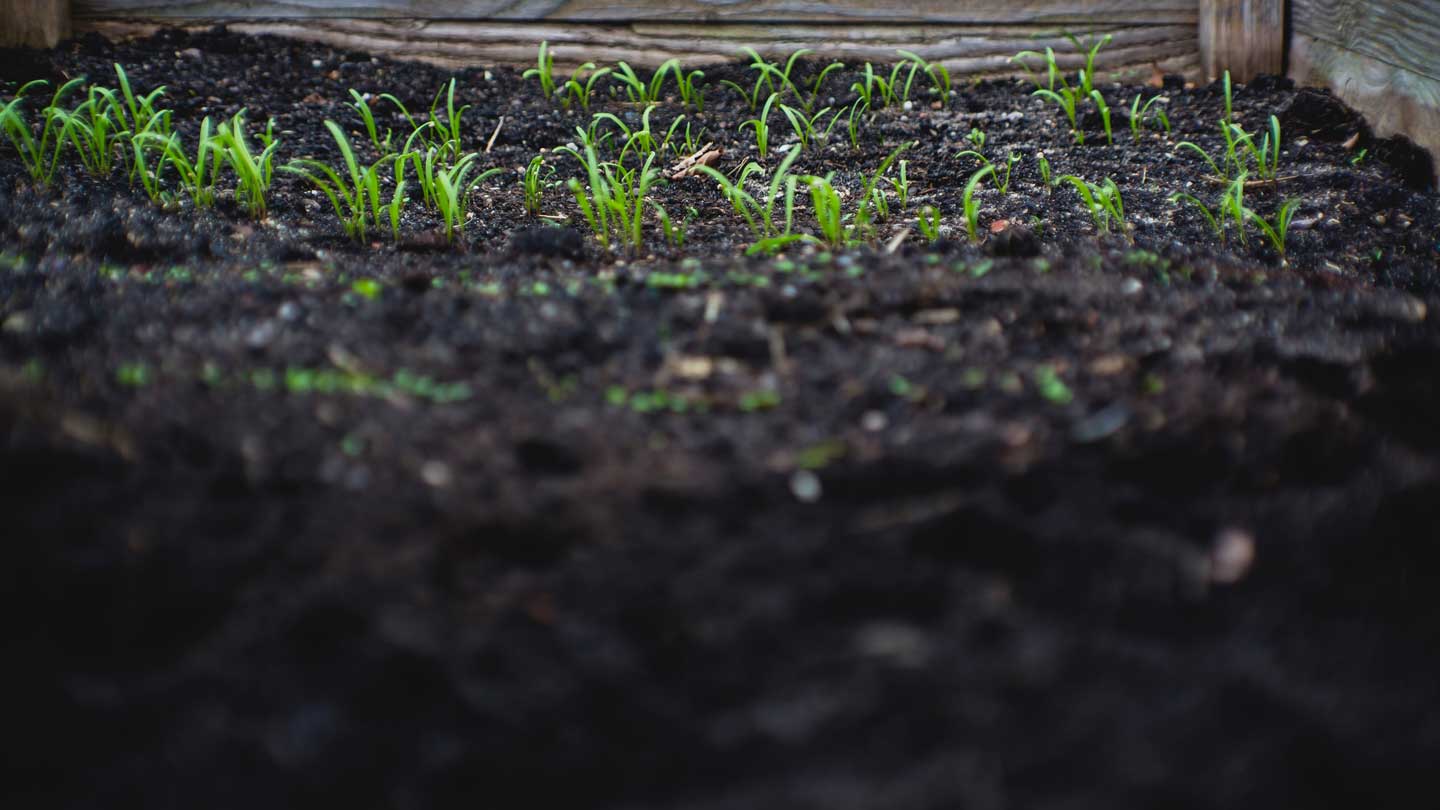In today’s consumer-oriented world, mankind is producing tons of waste and garbage with no proper ways to dispose of it. We are slowly overfilling our landfills, and causing irreversible damage to our environment. In this context, making your own compost cannot only help in reducing garbage production but is also a cost-effective way for nourishing and enriching the soil for healthy plant growth. Keep reading for a comprehensive guide on how to start your own composting bin at home.
1. Start with a Container/Bin/Tumbler
There are usually two types of composting bins available on the market, Stationery and rotatory. Both types should be adequately tossed for proper mixing of the decaying contents and oxygen flow.
You can DIY your own stationery bins at home by using spare wire fence stations or assembling a wooden crate out of leftover wood. You just need to make sure that they are properly sealed to retain heat and moisture.
A compost tumbler, due to its effective heat capture and well-oxygenated design, can help achieve compost in a few weeks as opposed to months in a conventional bin. When opting for a conventional stationary bin, placing it in direct sunlight will help speed up the process.
2. Choose the Right Ingredients
An adequate decay pile should have the right proportion of brown and green matter, plus some bacteria friendly moisture to keep the compost production running. Old newspaper trimmings, old dry leaves, and wood chippings make for the perfect brown decay contents. Grass clippings and kitchen wastage such as coffee and tea grounds, eggshells, and vegetable and fruit peelings make for the perfect green waste contents.
Maintaining a proper balance of both green and brown contents will ensure a nutrient-rich and fertile compost. You also need a little bit of moisture and oxygen infestation to keep things smooth. A poorly ventilated compost bin will eventually start to rot and smell.
The moisture ensures the smooth breakdown of decaying content, hence it’s vital to keep adding a bit of water to your compost bin every now and then to ensure proper mixing.
3. What Should Be Avoided In Compost?

Essentially all types of waste materials are compostable, but it’s better to avoid dairy or animal products because they can become infested with pests and begin to smell profound. Any such diseased or insect rode plant parts should also not be added in your compost bin.
4. How Long Till We Can Expect Results?
Over the span of a few weeks, you will begin to see your food scrapings turn into actual soil. Just make sure to keep tossing and turning your compost contents every other week for accelerated results.
5. How to Use My Prepared Compost?
Remember that compost is not a substitute for actual soil. Add a few scoops to your plants or sprinkle sparingly over your plants once in a couple of months to boost your plant’s growth and making the soil rich and fertile.
There you have it, easy beginners guide to start composting with the waste and garbage produced at your own home. Try experimenting as you go, it’s okay if you don’t get it right the first time. You can also use a palm beach county junk removal service to let them do it.
Most of these companies follow proper recycling procedures, so you will rest assured that your junk will not badly affect the environment if you employ trash removal Palm Beach county services.

Leave a Reply